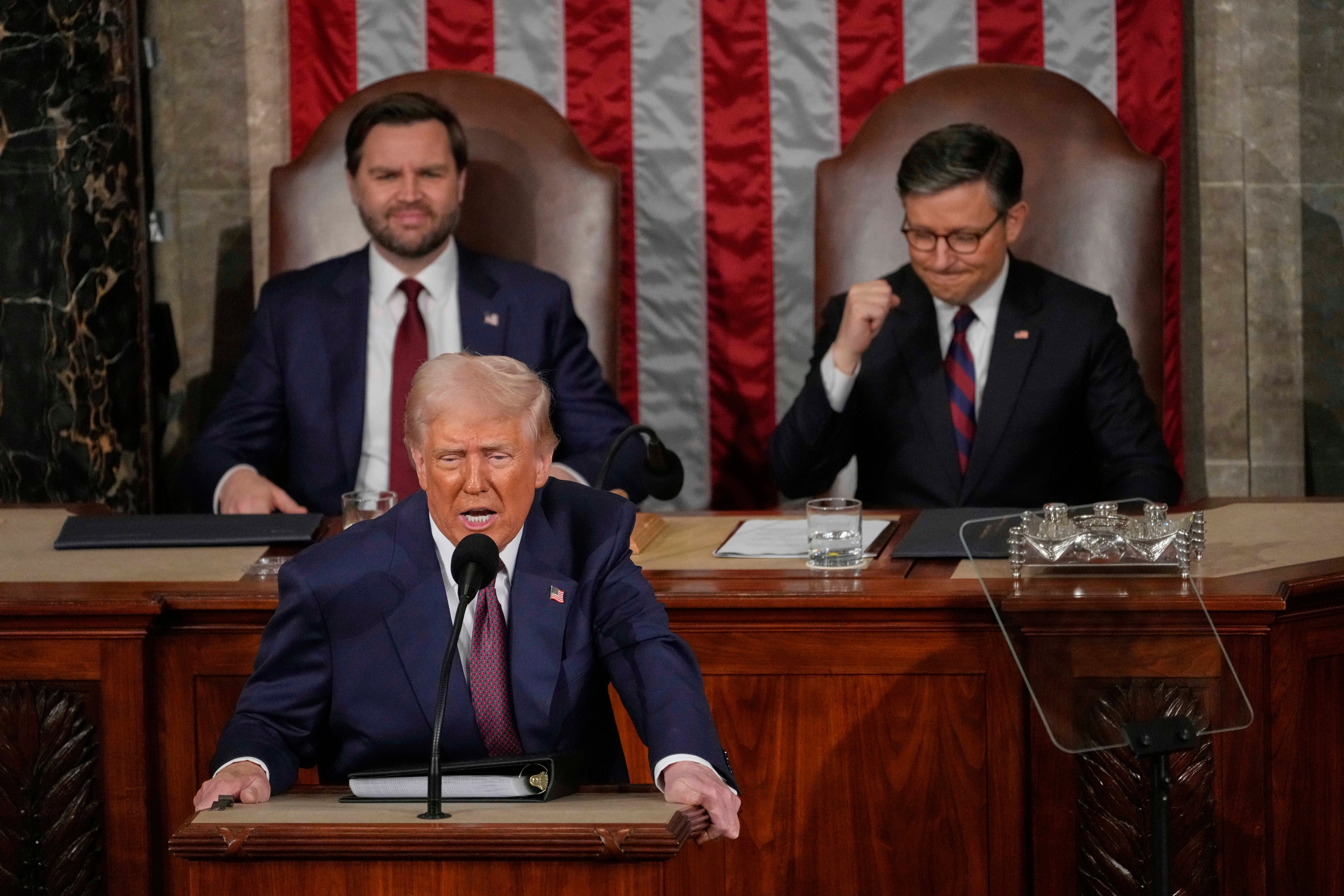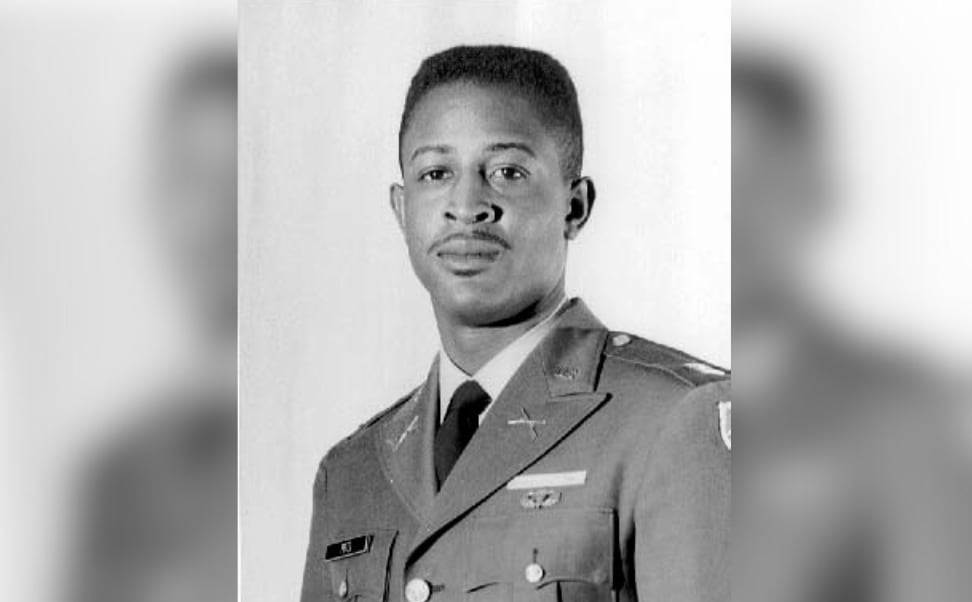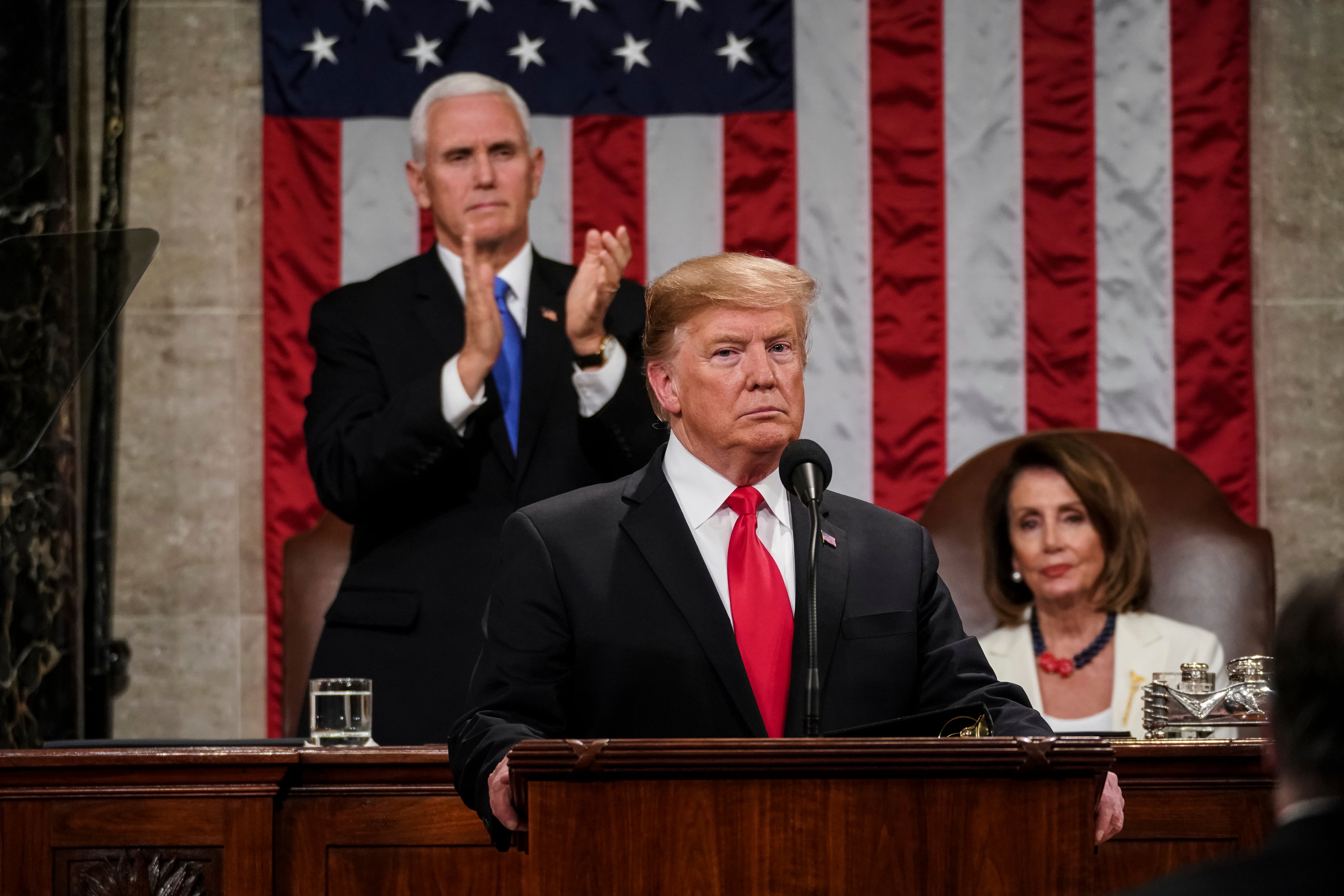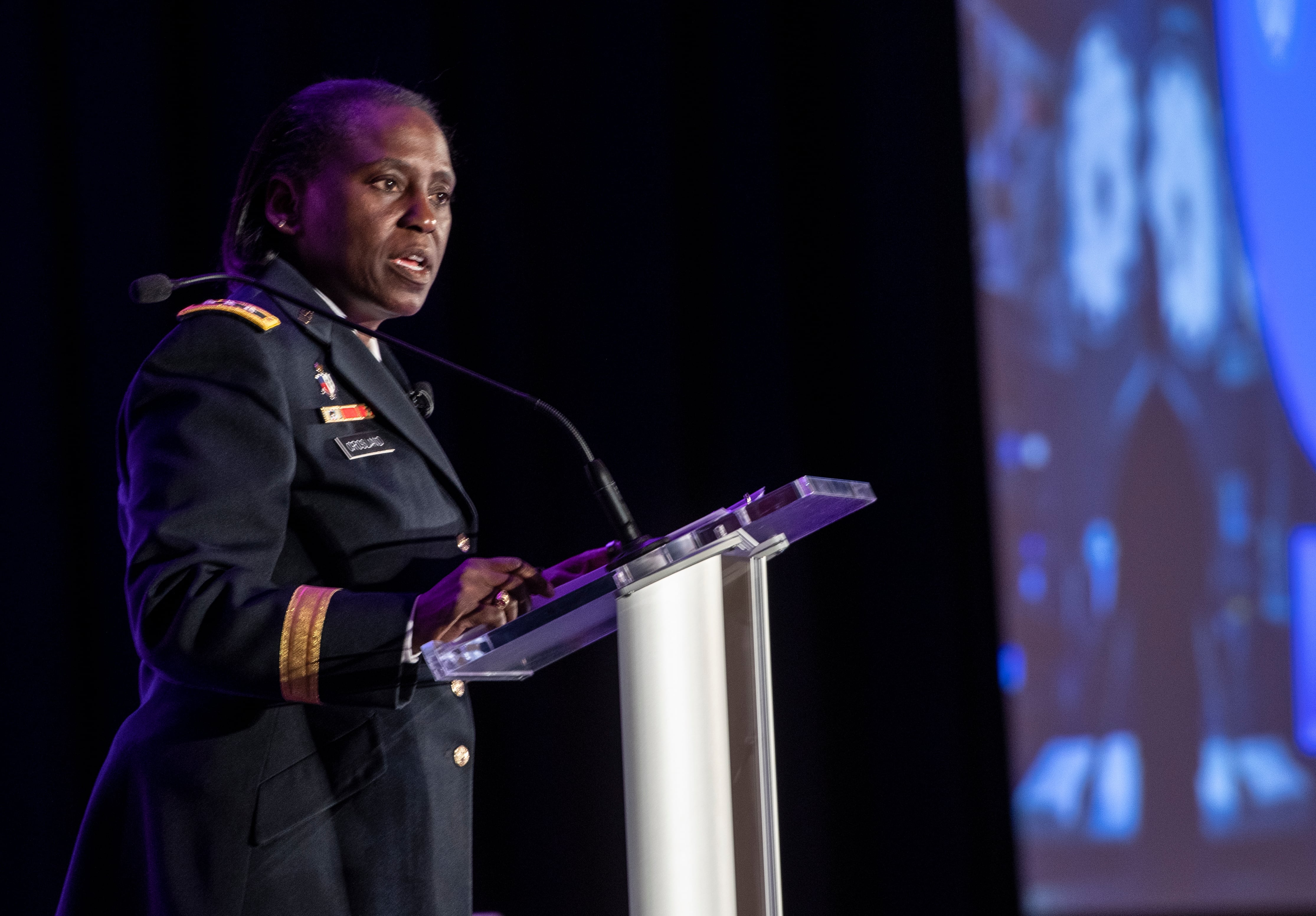Illinois Rep. Adam Kinzinger, a lieutenant colonel in the Air National Guard, is back from a two-week deployment flying surveillance missions over the Arizona border, and the experience shored up his support for President Donald Trump’s national emergency declaration.
“I went down there kind of undecided,” Kinzinger said on CBS’ “Face the Nation” Sunday.
“I think if this was just an issue of immigration it wouldn’t constitute a national emergency, but what I saw was really disturbing," he said, adding that he would not vote to try to block the president’s national emergency declaration.
Some lawmakers have called the president’s move unconstitutional, as it bypasses Congress’ power of the purse. Kinzinger, though, does not agree with that assessment.
“Look, I wish this would have happened a different way,” he said. “I voted for comprehensive immigration reform. I think Republicans, the Democrat, both have good ideas on immigration.”
Kinzinger, who pilots the RC-26 intelligence, surveillance and reconnaissance aircraft, said he tackled the mission from an apolitical point of view when he traded his flag pin for his flight cap.
Kinzinger said he flew missions in which he helped interdict 70 pounds of methamphetamines on a border crosser, as well as helped identify a woman who had been abandoned in the desert by human traffickers, also known as “coyotes.”
“Had she actually not been found by us, I don’t know if she’d been able to find her way home," he said. "So yeah, she got picked up by Border Patrol, she’s going to be deported, but that was a way better option than being one of the 200, at least, bodies they end up finding in the desert every year.”
This was Kinzinger’s first time flying missions out of Arizona, but he said this was his fourth time flying on the southern border.
“Texas by the way, I was there under President Obama,” he added. “So the Guard’s mission on the border is nothing new.”
During the interview, Kinzinger acknowledged that border apprehensions are near a 50-year low, according to U.S. Customs and Border Protection data sheets. He also recognized that some border state governors have pushed back against the need for active-duty deployments.
However, he added that those numbers may be skewed by the inability of Border Patrol agents to catch illegal crossers.
“From my experience there were many, many groups that we would see on technology with camera radar or something like that that we could not go address because there were not enough Border Patrol agents,” Kinzinger said.
“These agents sometimes left to take a truck and then walk two miles through terrible terrain to get to these groups only to have them run while they’re already exhausted and they get lost in that chaos," he added. "So is it down? Maybe.”
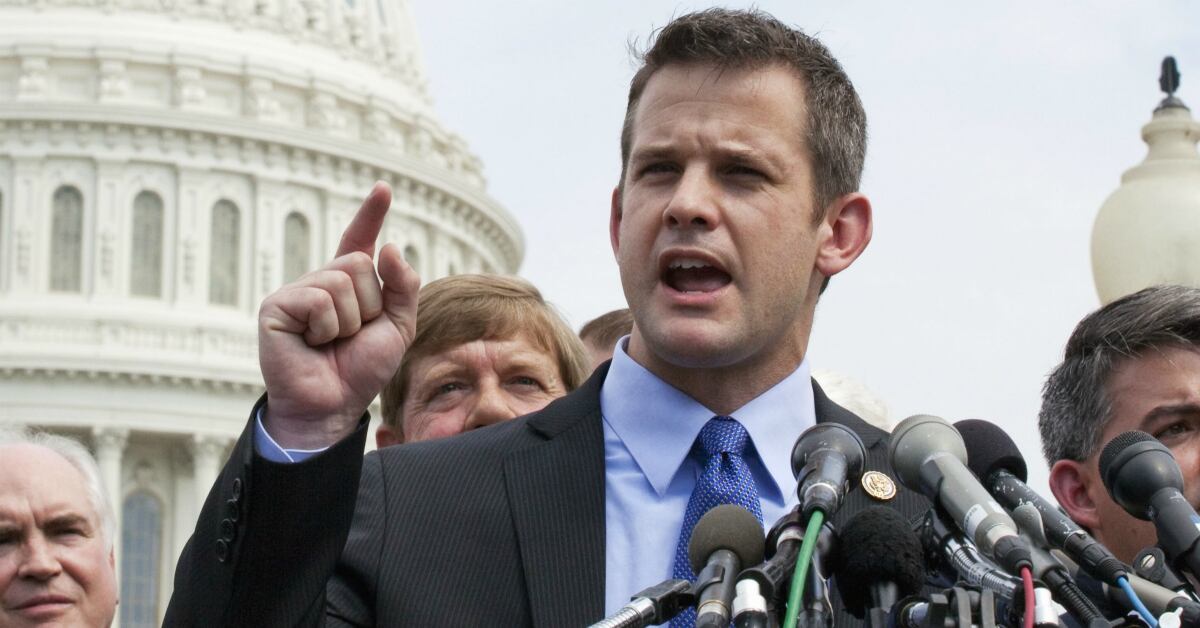
Glad for the slower withdrawal in Syria
Kinzinger was also asked about his stance on the U.S. troop strength in Syria, amid reports that President Donald Trump now planned to keep roughly 400 Americans in the country’s north and southeast.
“I certainly wish it was more than that,” he said, adding that he was “glad that the president has reversed” his decision to withdraw all U.S. forces from Syria.
“I think 2,000 troops was a great example, frankly, of how we’re doing war in the 21st century … which is legitimizing the local folks and using our Special Forces to give them the combat power necessary,” he said.
Kinzinger, like many who support a U.S. presence in Syria, is worried that leaving the country altogether opens a door for Iranian influence to move through the Iraq-Syria border, threatening Arab and Israeli allies. He also expressed concern that the Islamic State could rise again in the region.
“Iran’s position there is a mess and I actually worry about the future, not just of Syria, but the future of a potential regional conflict,” he said.
It remains unclear exactly what mission such a small contingent of U.S. troops will perform if left behind in Syria. Kinzinger does not envision them going out on “combat patrols," however.
“There is no country that would be dumb enough to attack our forces there, but of course we’ve seen, even recently with ISIS, their boldness in attacking American military," Kinzinger said.
“That’s why we have to stay on the offense. There’s going to be an ISIS two someday. There’s going to be an al-Qaida three. It’s a generational fight. It’s not just through war. It’s giving hope to the next generation of folks in the Middle East to reject that ideology within their own religion.”
Kyle Rempfer was an editor and reporter who has covered combat operations, criminal cases, foreign military assistance and training accidents. Before entering journalism, Kyle served in U.S. Air Force Special Tactics and deployed in 2014 to Paktika Province, Afghanistan, and Baghdad, Iraq.

